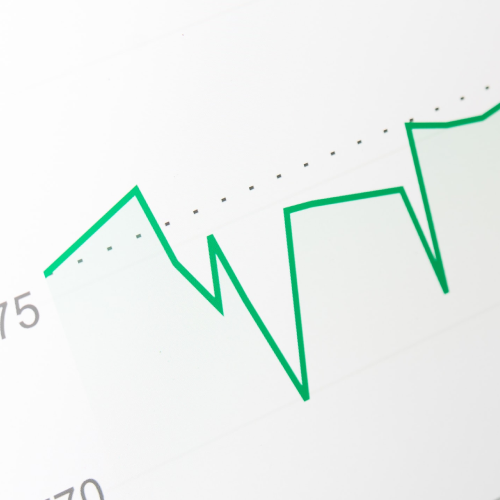Five Technologies That Are Powering the Digital Health Trends

Five Technologies That Are Powering the Digital Health Trends
Jan 18, 2022
Technology will be a vital link in the healthcare value chain empowering citizens, governments, and healthcare providers to enable faster and more efficient care delivery. Which technologies will power digital health trends that will dominate the global healthcare scene?

Gartner predicts that the global IT spending by the healthcare sector will reach $140 billion in 2021. It was not surprising news as the year 2020 was nothing short of a violent reminder of how good health was and will be mankind’s most vital asset.
The COVID-19 pandemic, which claimed over 4 million lives as of July 2021 and created widespread economic and social uncertainty worldwide, was an eye-opener for people to focus more on their well-being and healthcare. For healthcare providers, the pandemic saw a large-scale utilization of technology in various facets ranging from diagnosis, patient management, remote care delivery through telehealth facilities, and the usage of emerging technologies to rapidly advance vaccine development and management.
Technology will be a vital link in the healthcare value chain empowering citizens, governments, and healthcare providers to enable faster and more efficient care delivery as well as management of events like the COVID-19 pandemic.
Let us examine five technologies that will power digital health trends that will dominate the global healthcare scene in 2021 and beyond:
Robotic Process Automation (RPA)
One of the most time-consuming and expensive processes within the healthcare sector is data management. With a host of business systems updating records periodically like insurance, laboratories, administration, nursing, pharmacies, etc. for various healthcare services, the end-to-end data management is mostly done in painstakingly manual methods. It has been found that the healthcare industry collectively spends around $2.1 billion annually on error-prone manual management of provider data alone. RPA can bring about a radical change in the way healthcare organizations manage data between different systems and departments. It can automate entire information update cycles relieving employees to focus on care delivery rather than back-office data management. It also eliminates errors and bias that may otherwise occur due to intense manual work for data management.
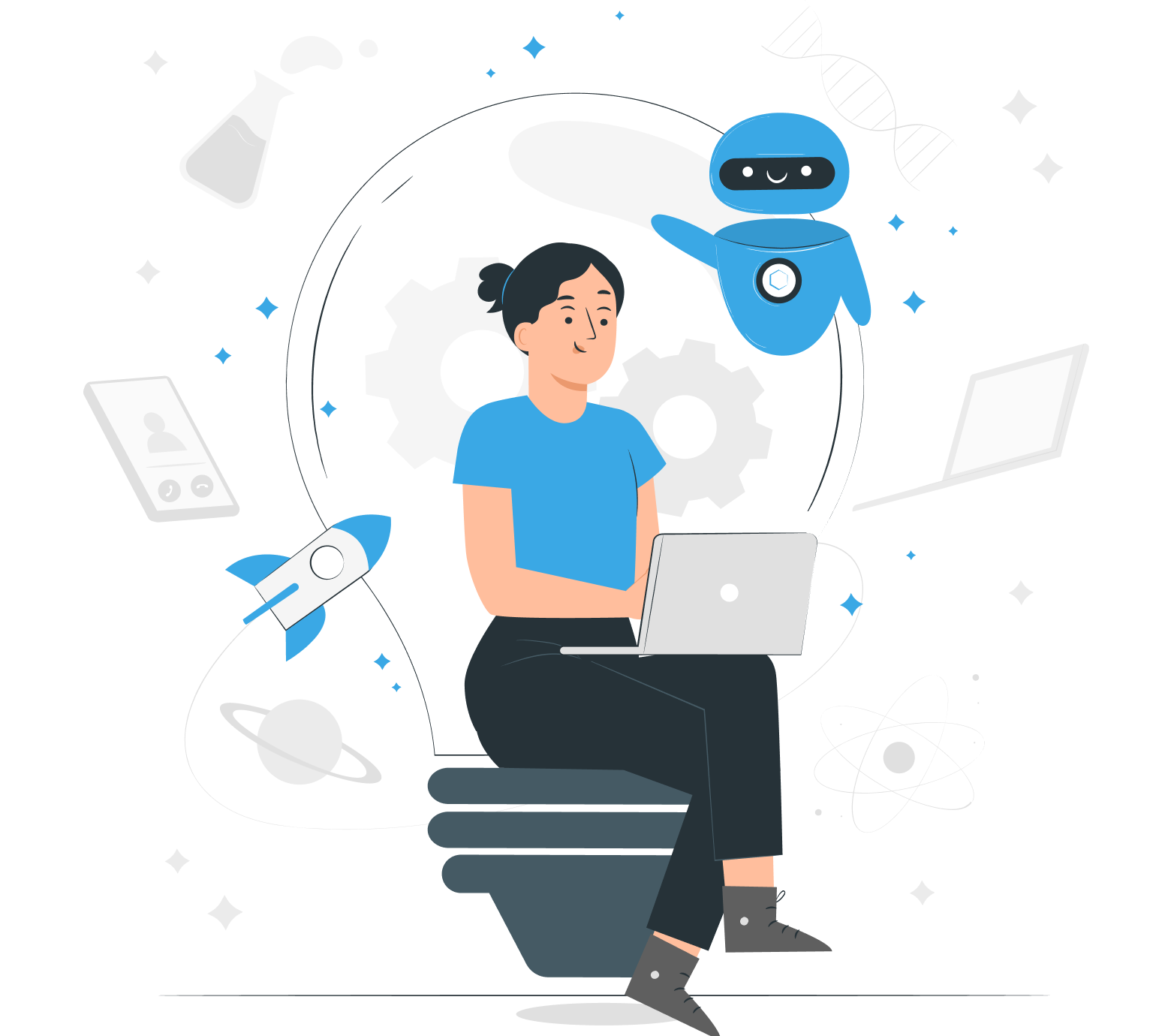
Artificial Intelligence (AI) and Machine Learning (ML)
Today, AI and ML are the backbones of numerous digital services that consumers use daily across the world. From curated music playlists to intelligent personal assistants, AI and ML find use cases in nearly every industry. Healthcare is no exception in this regard. As we propel towards a digital health-driven mode of care delivery, AI and ML-powered health tech will be at the forefront empowering both consumers and healthcare providers. Assisting doctors in smarter diagnostics, better clinical decision support, faster research and discovery of drugs, automated patient management, smarter connected health advisory through voice assistants, intelligent digital health trackers, etc. are just some of the use cases that the healthcare industry can achieve by leveraging AI and ML.
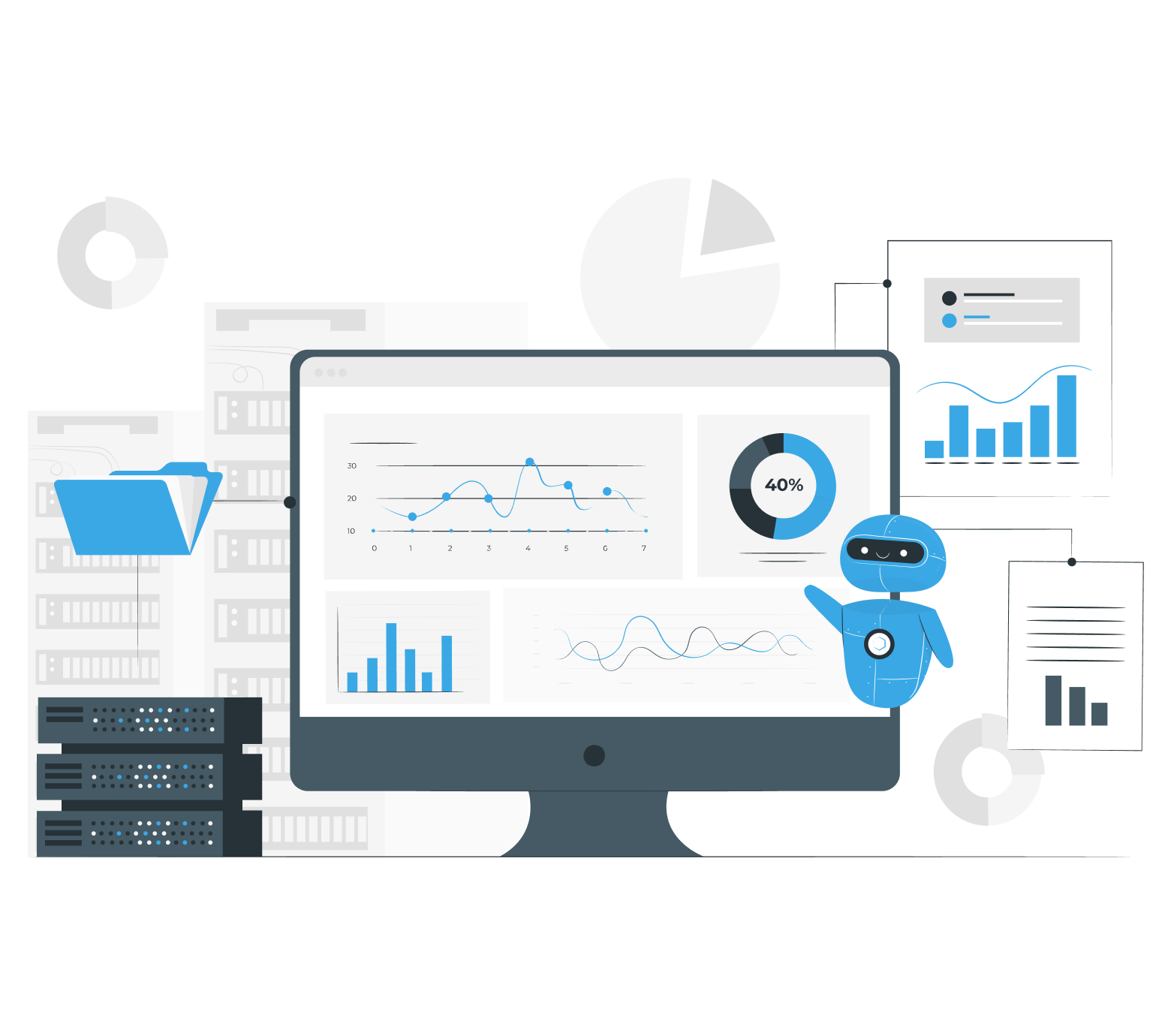
Internet of Things (IoT)
By 2025, there will be nearly $188.2 billion worth of market for healthcare IoT globally. As more devices turn smarter and connect to global networks, healthcare providers can leverage their connectivity for better care delivery. The rise of wearables and their ability to track physical activities make them an attractive destination for healthcare providers to tap into personalized care delivery. Additionally, IoT can help advance telemedicine by enabling remote medical procedures such as surgery, connected ambulance networks wherein paramedics can readily access patient health records for critical first aid medication, medical data collection through connected sensors in rooms, and much more.
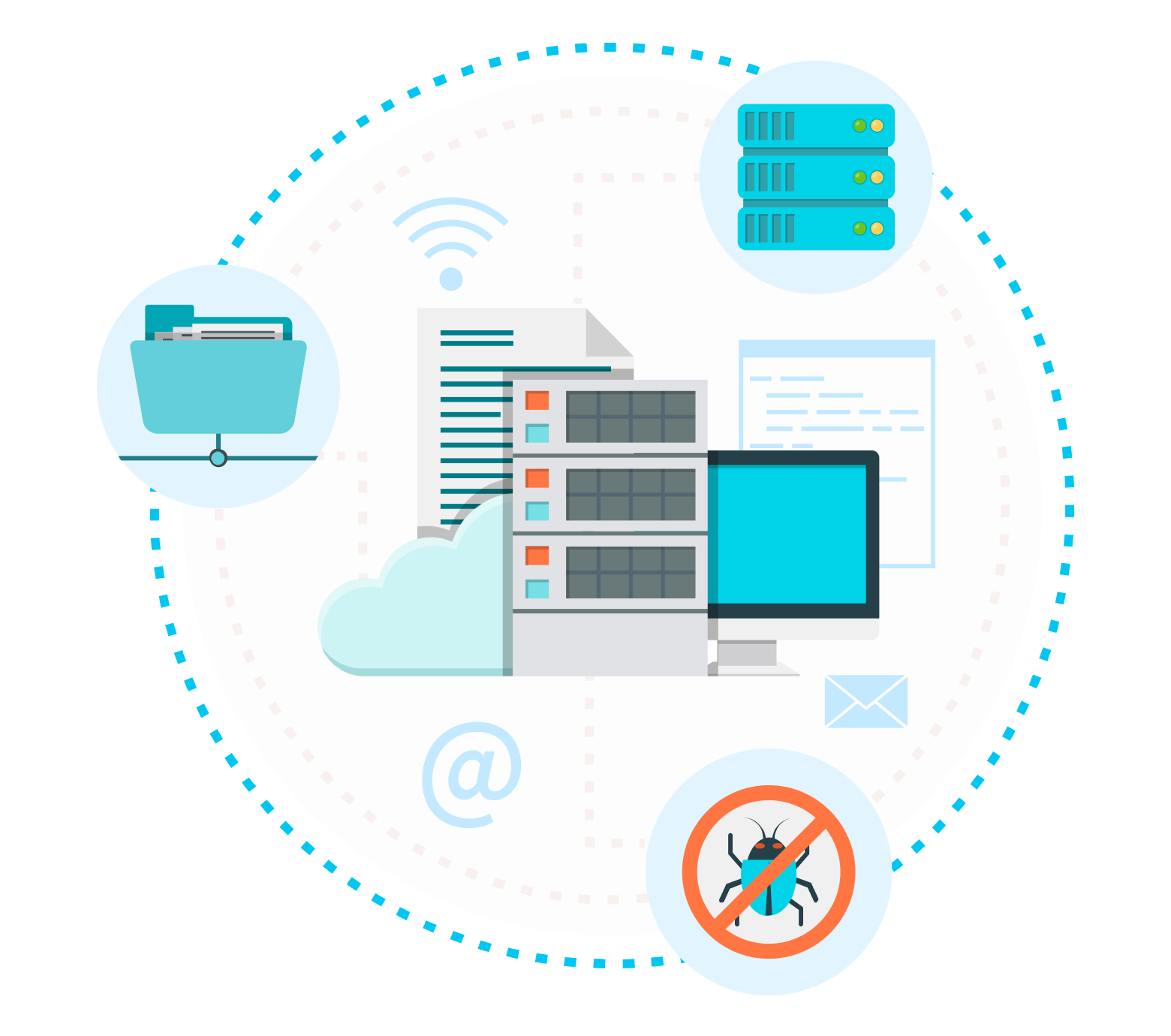
Blockchain
Over 40% of healthcare executives consider blockchain as a key priority for their digital investments. One of the main reasons is the increasing threat to medical data from cybersecurity risks. Blockchain can help secure digital medical records and enable safe, fast, and decentralized access to data by doctors and hospital care providers. Blockchain also allows medical data to be universally interoperable while ensuring transparency and data integrity. Thus, it forms a vital link in the digital health-powered future that we are progressing into.

Cloud Computing
From RPA to Blockchain, the innovations we covered here and the numerous other possibilities in digital health, all require a flexible and scalable healthcare technology backbone to support their innovative outcomes. This is where cloud computing continues to weave its magic. From SaaS-based applications to entire digital environments up and running on the cloud, the healthcare sector needs cloud computing power like never before to meet critical digital health needs. More clinical practitioners will adopt SaaS-based solutions to manage their patient experience and healthcare providers will leverage the on-demand scalability feature of the cloud to set up new digital health initiatives that require scalable resources such as computing power and storage.
Digital health will take center stage in 2021 and beyond. These emerging and highly influential technologies will be the key to success for healthcare providers as they look to navigate some of the most difficult and challenging times ever faced by the healthcare sector. Technology can also help them be prepared and eventually tackle newer threats in the future with relative ease.
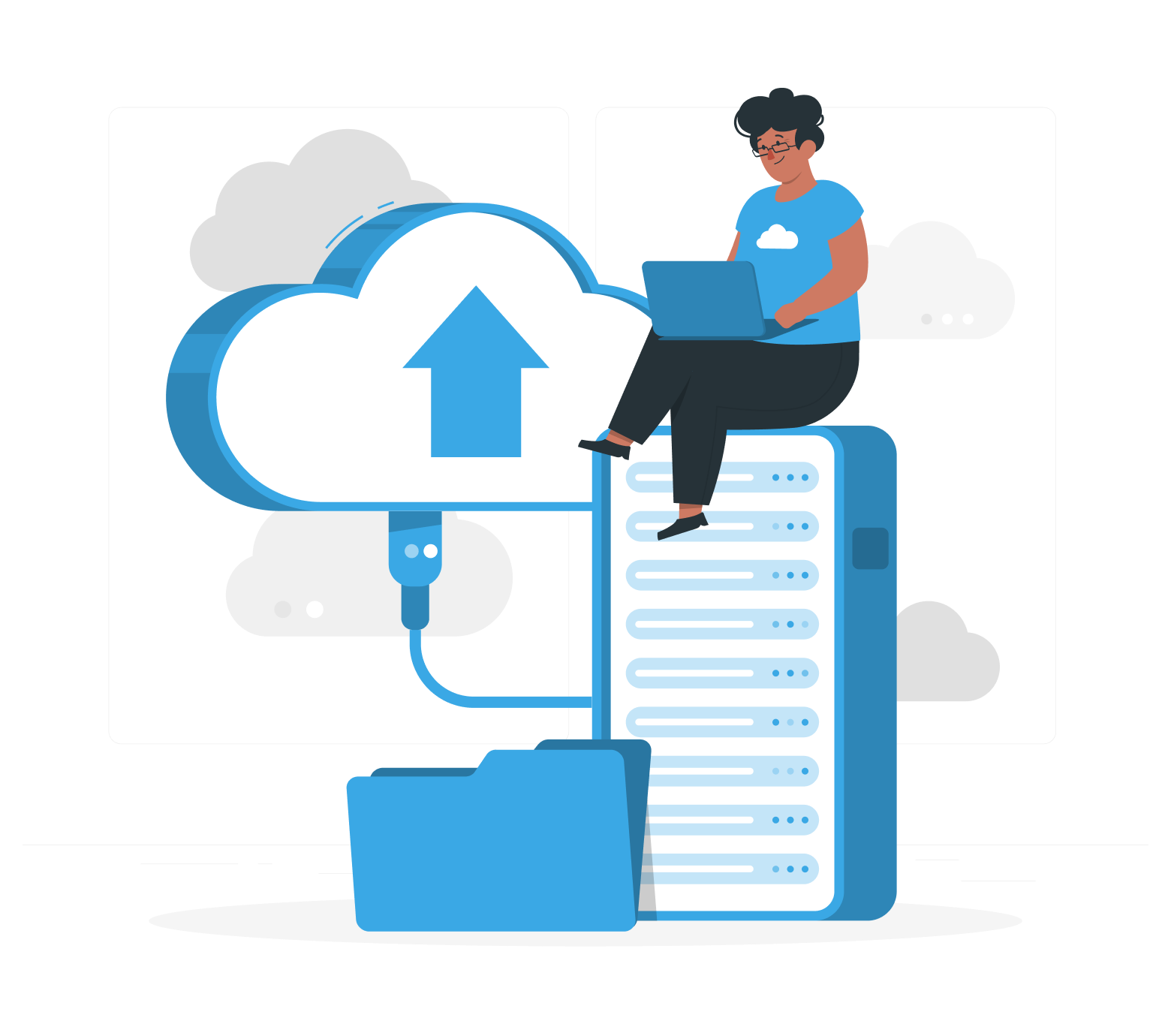
84% of customers say that a company's experience is as important as its products and services. Considering that the field personnel is the ones customers interact with regularly, they must be empowered with the right tools and information to delight the customers. Companies must provide a well-integrated field service management solution that gives them all information, product catalog, price sheet, etc., so the field service personnel can complete their job optimally and transact in real-time. The objective is to improve their productivity so they can spend their valuable time on more higher-value tasks.










